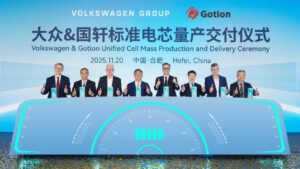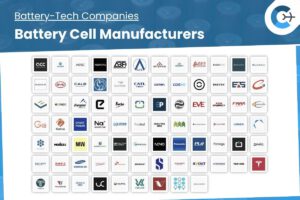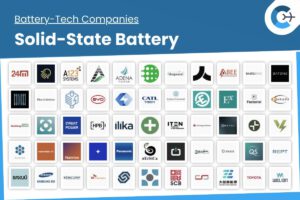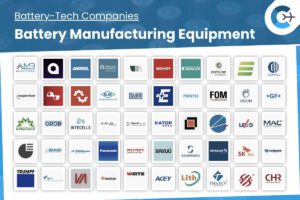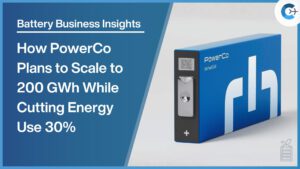Chinese technology company Huawei has filed a patent in China for a sulfide-based all-solid-state battery that it says could enable an electric vehicle to travel up to 3,000 kilometers on a single charge and recharge in five minutes, according to CarNewsChina. The application describes a process of doping sulfide solid electrolytes with nitrogen to improve interface stability—a critical challenge in solid-state battery development. Huawei asserts an energy density between 400 and 500 Wh/kg, roughly two to three times higher than conventional lithium-ion cells.
“Even the most advanced lithium-ion batteries, which generally have higher capacity than solid-state prototypes, fall far short of that kind of range,” said Yang Min-ho, professor of energy engineering at Dankook University. “Such performance might be possible in lab conditions, factoring in only the weight of the active materials, but real-world factors like energy loss and thermal management make mass production extremely difficult.”
A researcher at a major Korean battery manufacturer described nitrogen doping as a well-known technique that typically demands precise vacuum conditions. According to the researcher, scaling this approach for mass production would entail substantial time and cost penalties. “Patents grant rights, not credibility,” the researcher added, highlighting the absence of third-party validation or detailed performance data in Huawei’s application.
Meanwhile, Korea’s leading battery firms—LG Energy Solution, Samsung SDI and SK On—appear unfazed. Samsung SDI has already distributed solid-state samples to clients and aims for mass production by 2027. LG Energy Solution is pursuing both oxide- and sulfide-based solid-state technologies targeting commercialization by 2030, and SK On plans to introduce polymer-oxide and sulfide variants between 2028 and 2030.
In the broader competitive landscape, Xiaomi has also filed a patent for a layered electrode structure claiming a 1,200-kilometer range and an 800-kilometer recharge in ten minutes. Experts stress that significant advancements in battery science tend to occur in incremental steps, with large-scale implementation requiring rigorous independent verification.
Source: The Investor





